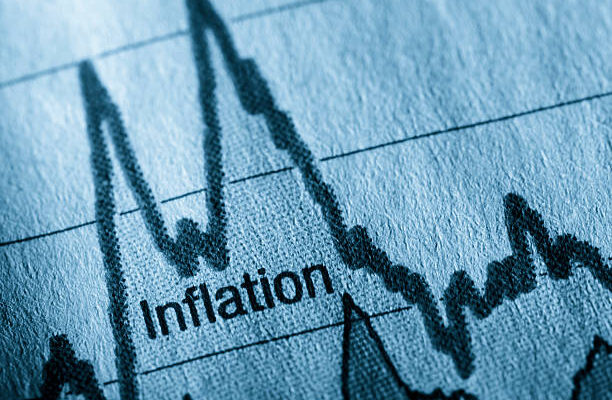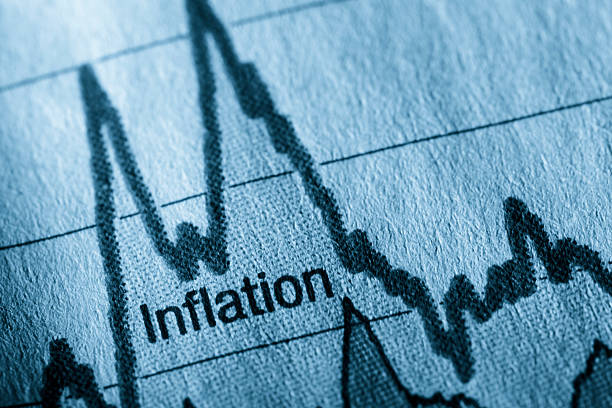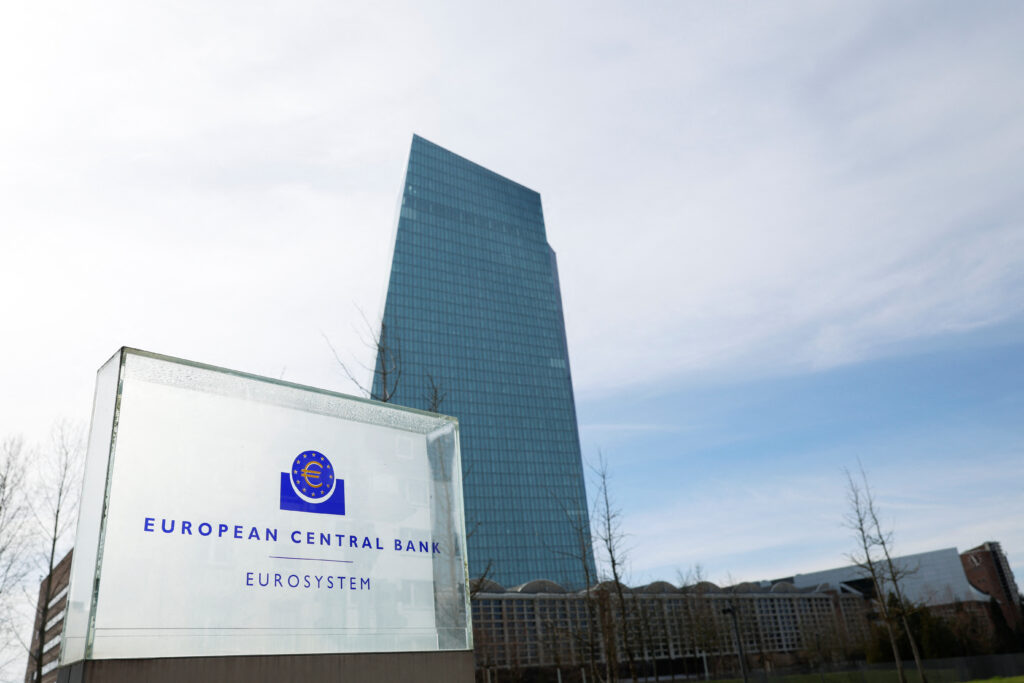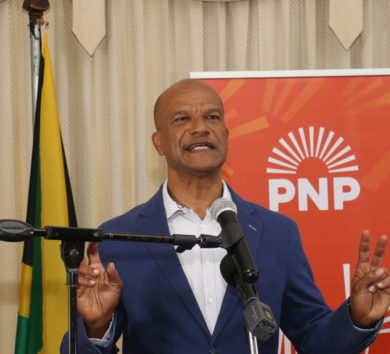

Germany’s inflation has eased to 1.8% in September, coming in lower than expected, according to preliminary data from the country’s statistics office, Destatis.
On a monthly basis, Europe’s second-largest economy’s preliminary harmonized Consumer Price Index (CPI) dipped by 0.1%. Inflation readings are harmonized in the euro area and in the European Union to ensure comparability.
Core inflation, which strips out food and energy costs, came in at 2.7% for September, slightly below August’s 2.8% reading. Services inflation meanwhile eased to 3.8% after holding steady at 3.9% for several months.
Data from the statistics office also showed that energy costs plunged by 7.6% in September. Data out earlier today showed that inflation eased in several major German regions in September, with the print in the country’s most populous state North-Rhine Westphalia softening to 1.5% in September, from 1.7% in August.
Inflation in other European countries

Within Europe, data published last week showed that the harmonized inflation rate in France and Spain fell below the 2% target in September.
The German figures come a day before the scheduled release of flash inflation data for the Euro Area, which will be closely watched by investors for guidance on the odds of another interest rate cut from the European Central Bank (ECB).
Earlier this month, the bank delivered its second interest rate cut of the year.
Sebastian Becker, economist at Deutsche Bank Research explains in a note this morning that inflation could however pick back up towards the end of the year as base effects are expected to ease or even reverse.
According to him, “The inflation problem is not fully resolved with today’s figures. For that, the still elevated core inflation rate would also need to ease notably. And that drop is still outstanding.”
For his part, Carsten Brzeski, global head of macro at ING says the German data was “another strong argument” for an interest rate cut to be on the table when the ECB meets in October. The recent series of disappointing economic sentiment indicators and lower-than-expected inflation data have provided new strong arguments for ECB doves.”







Comments